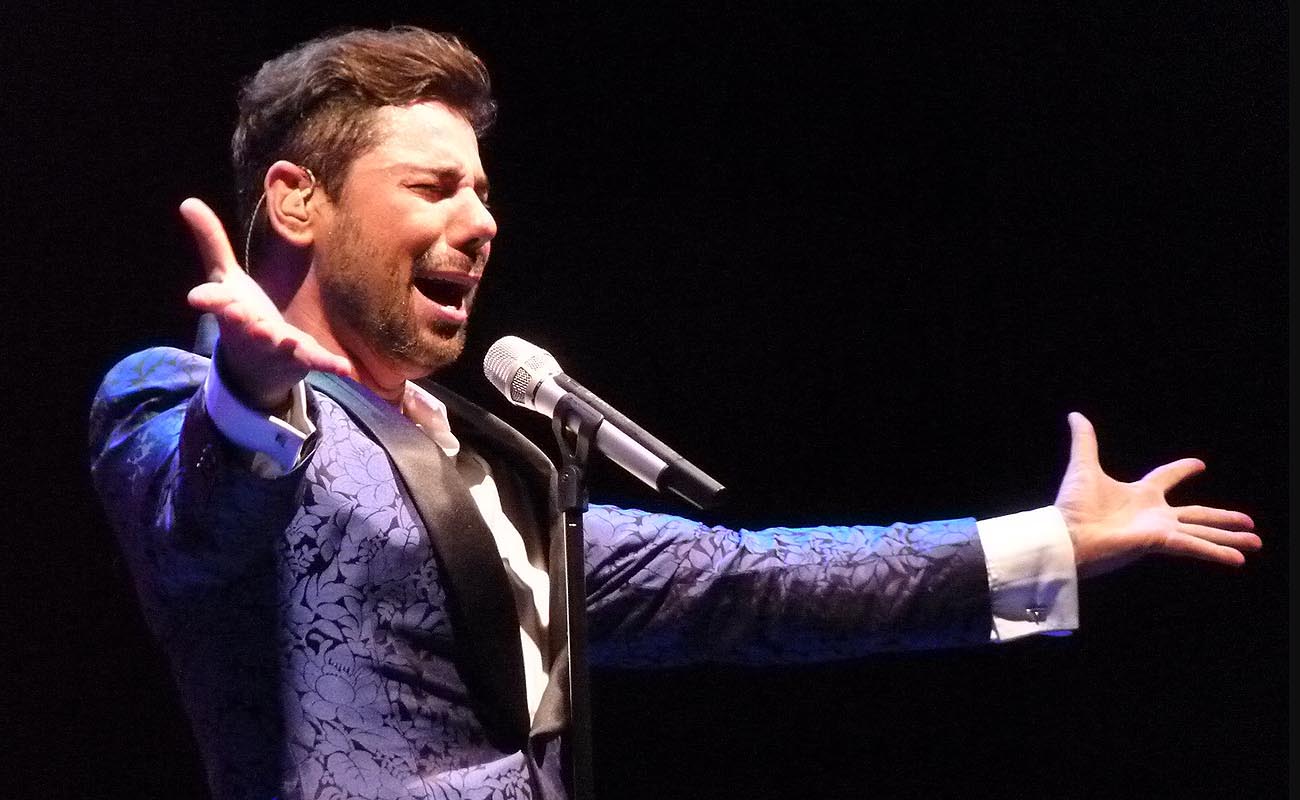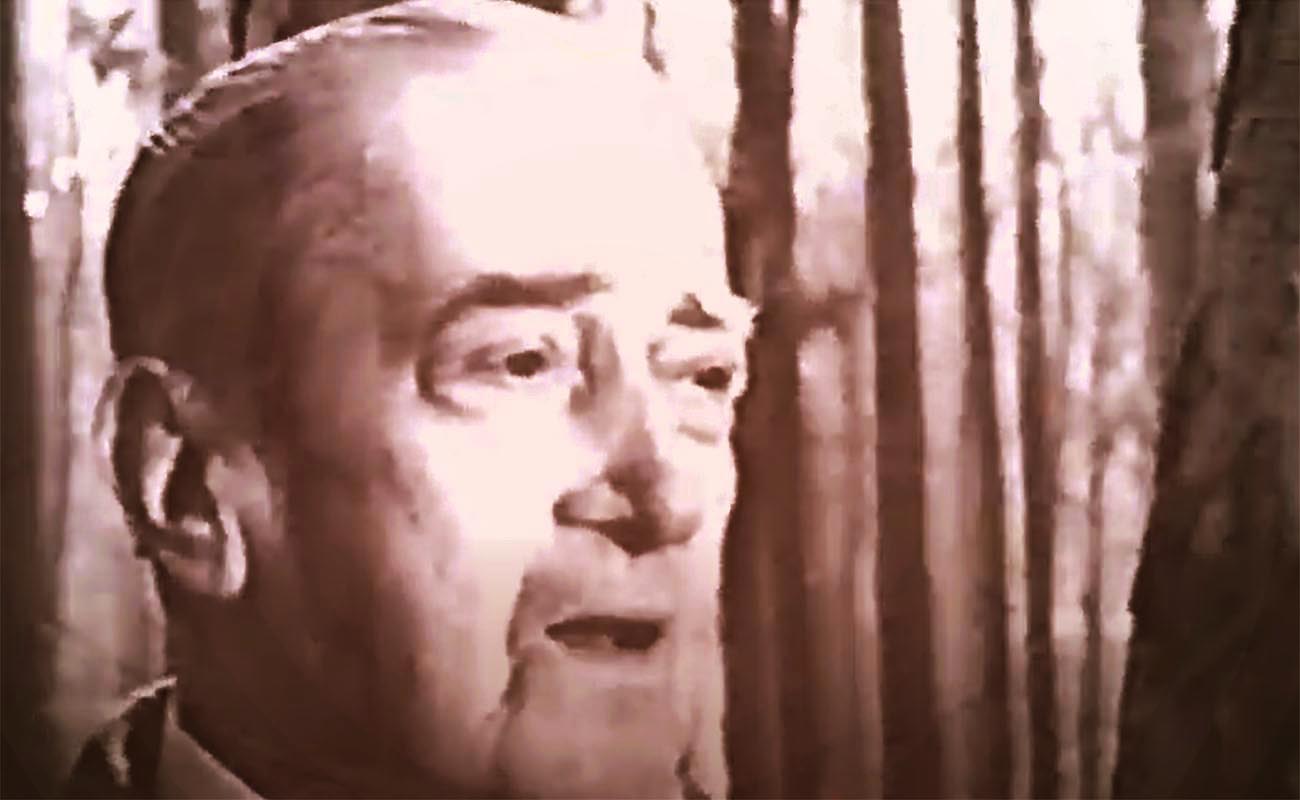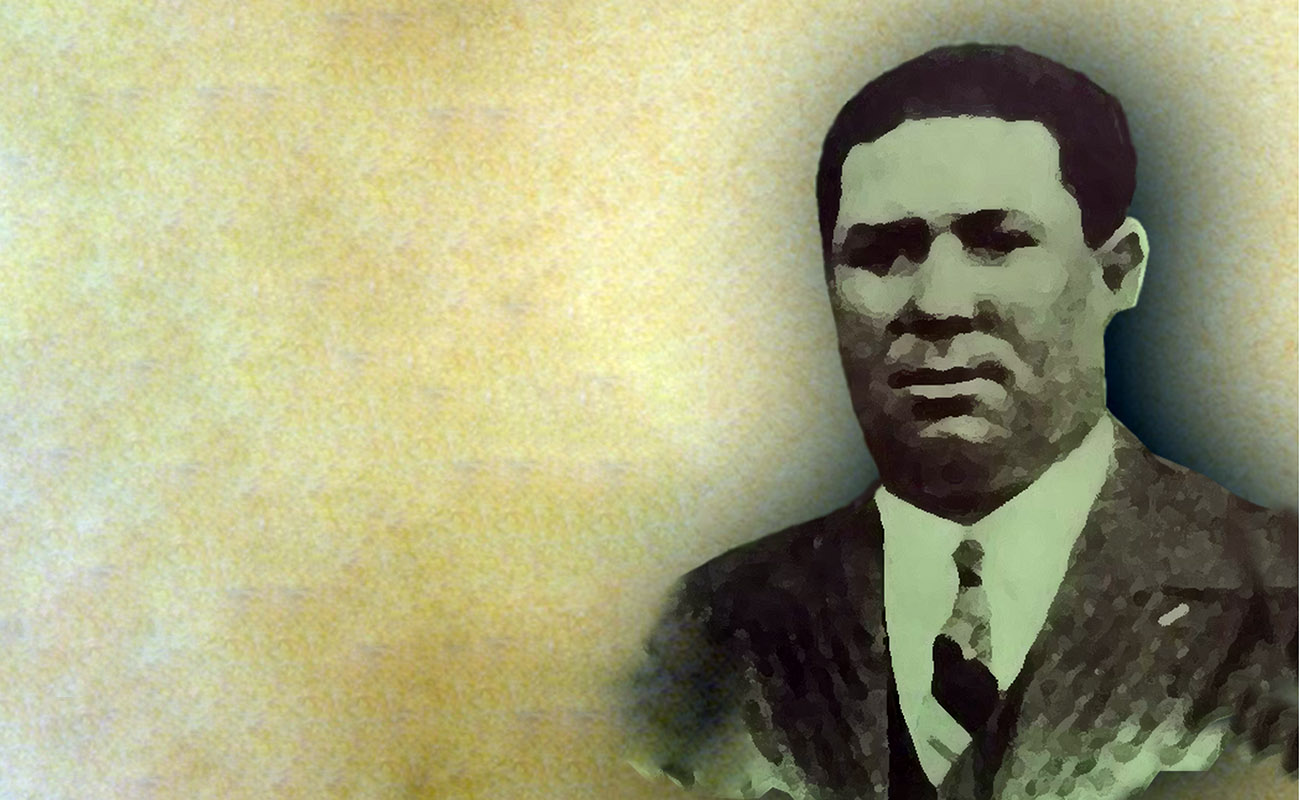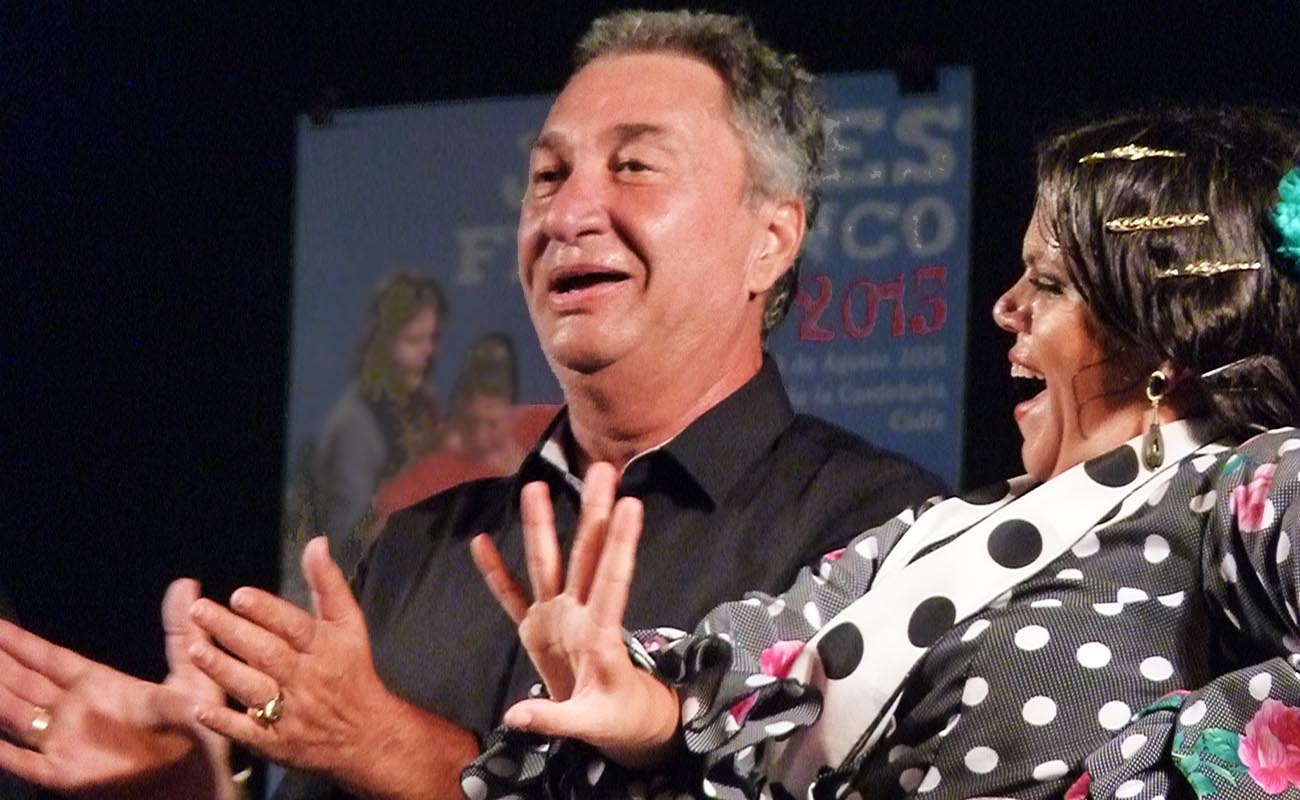«Flamenco isn’t Catalonian, nor Andalusian, nor Extremaduran: there’s bad flamenco and good flamenco»
Miguel Poveda continues to follow his own path, bringing high-quality flamenco to new audiences thanks to his limitless dedication and love of this artform.

Twenty-one years ago, on November 18, 2000, I took a Talgo train up to Zaragoza to see a young singer I’d only heard about. At the Peña Unión Flamenca, Miguel Poveda, from north-eastern Spain, the region called Cataluña, was to give a recital. He was 27 years old at the time, and having won the 1993 Lámpara Minera, coveted prize of the Cante de las Minas de La Unión, he was busy constructing a career by the sheer force of his personality, dedication and boundless love of flamenco. Other singers are born into flamenco families in flamenco neighborhoods of flamenco towns. Miguel’s communication with this artform was initially through what he heard as a youngster on his mother’s radio, the typical music Andalusian immigrants were listening to in the 1970s and 80s: classic copla (Spanish lyrical song), fandangos and rumbas interpreted by dynamic stars such as Lola Flores, Bambino, Manolo Caracol and others with one foot in flamenco and the other in mainstream popular music. His apprenticeship was neatly rounded out through contact with the Jerez flamenco ambience.
Against all odds, the man from Cataluña savored and cultivated this music with the greatest respect, making it to the top of the heap by virtue of his raw talent, intelligence and sincerity, that rarest of attributes among performers of any type.
Miguel Poveda last week took over the Villamarta theater in Jerez four nights in a row, with a nearly full house for each performance, no small achievement in this difficult arena where flamenco fans tend not to tolerate “outsiders”. And I remembered the conversation I’d had with Miguel that night two decades ago. Among other things, he said “flamenco isn’t Catalonian, nor Andalusian, nor Extremaduran…there’s bad flamenco and good flamenco”. And Poveda delivers some of the best. The faces in the audience at the theater revealed an upper middle-class crowd, cheering and applauding at every opportunity throughout the diverse recital that included admired veteran singer, María Vargas for the closing bulerías.
In a certain sense, Miguel Poveda is more flamenco than anyone… not a façade, but genuine flamenconess and bold individuality. The first successful singer of his generation to depart from the Camarón aesthetic, despite the admiration he feels for the cantaor who so indelibly marked flamenco. You hear the occasional detractor dismissively say Poveda is “just a showman”. Is el Capullo de Jerez not an expansive showman? What about Chano Lobato with his surrealistic anecdotes that would leave audiences in awe of his personality? And Beni de Cádiz? When you think of it, is flamenco not, by definition, a moving musical show?
Miguel is also a dyed-in-the-wool purist when he proposes it. In 2006 at the Bienal de Sevilla, the presentation of his recording “Tierra de calma”, he bravely ended the recital with impressive siguiriyas and cabal. In 2009 at the Baluarte de la Candelaria in Cádiz presented by the conservative Enrique el Mellizo flamenco organization, tables were removed to make room for 1400 people who packed the sprawling outdoor terrace to see Miguel Poveda in concert, with a line of hundreds more hoping to enter stretched way along the Alameda for several blocks. Just one year later, when he opened the Bienal de Flamenco de Sevilla with an audience of 7000, Miguel held our interest for a 3-hour extravaganza based on the most classic sort of flamenco.
That night twenty years ago at the peña in Zaragoza, Miguel ended with a long bulerías encore a capella, with no palmeros or backup of any kind. Standing alone in the middle of the stage, he marked his own rhythm, just as he continues to follow his own path, bringing high-quality flamenco to new audiences thanks to his limitless dedication and love of this artform.
For more about Miguel Poveda, watch the great interview recorded in Spanish by Juan Garrido for Expoflamenco:




